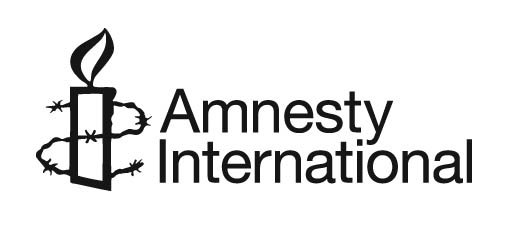LONDON, January 29 - RAPSI, Alexander Smotrov. Amnesty International has called on the Russian authorities to end the prosecution of lawyer Sergei Magnitsky, who died in custody in November 2009 at the age of 37 and whose death triggered a public outcry.
Sergei Magnitsky, a lawyer for Hermitage Capital Management investment fund, was arrested on charges of tax evasion and died in a Moscow pre-trial detention center on November 16 2009, after nearly a year in custody. His case was closed after his death, but was later reopened. The Tverskoy District Court in Moscow on Monday ruled that attorneys should be appointed for the deceased Magnitsky and his former boss, head of Hermitage Capital Management William Browder, who is also accused of tax evasion.
"The Russian authorities' intention to proceed with the criminal prosecution of Sergei Magnitsky violates his fundamental rights even in death, in particular the right to defend himself in person. The trial of a deceased person and the forcible involvement of his relatives is a dangerous precedent that would open a whole new chapter in Russia's worsening human rights record," Amnesty International Europe and Central Asia Director John Dalhuisen said.
"The posthumous criminal prosecution of Sergei Magnitsky must stop, and the pressure on his family in connection with their objections to this must cease," he continued.
"The circumstances of his death as well as the allegations of his arbitrary criminal prosecution must be immediately, effectively and impartially investigated, and all those found responsible brought to justice," the Amnesty International representative said.
Under Russian criminal law, a dead person can be prosecuted. According to Article 24 of the Russian Code of Criminal Procedure, proceedings can be closed against a deceased person who stood accused of some some crime pending the consent of his relatives. The case would then be closed on so called non-rehabilitative grounds meaning that relatives of the person do not demand the deceased person to be recognized as innocent. Under the law, if a family wants their deceased to be cleared of all charges and declared innocent, they must approve ongoing investigations.



